- Car
- Alfa Romeo
- Alfa Romeo Giulia (105 offers)
Alfa Romeo Giulia Classic Cars for Sale
The Alfa Romeo Giulia is an icon of Italian automotive art, holding a significant place in the history of classic cars since its introduction in 1962. With its distinctive design, sporty driving characteristics, and advanced engineering, the Giulia embodies the unique charm of the Alfa Romeo tradition. Whether as a sedan, coupé, or convertible, the Giulia captivates classic car enthusiasts around the world. Explore the story behind this classic and discover what features to consider when purchasing a Giulia classic.
Search results
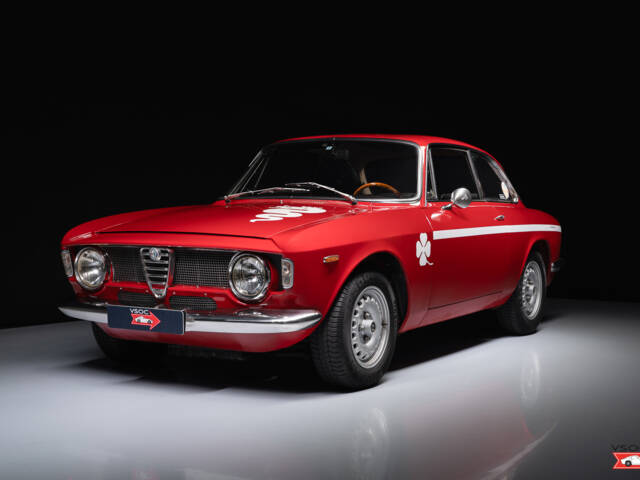
1968 | Alfa Romeo Giulia GTA 1300 Junior
Wonderful & very original example, comes with a well documented ownership history
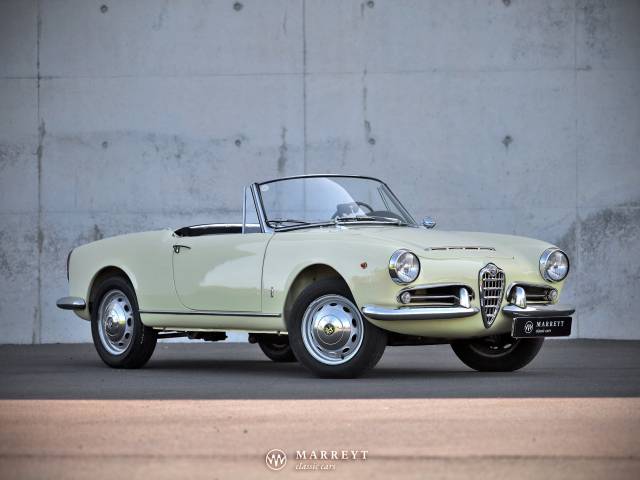
1964 | Alfa Romeo Giulia 1600 Spider
Veloce tribute
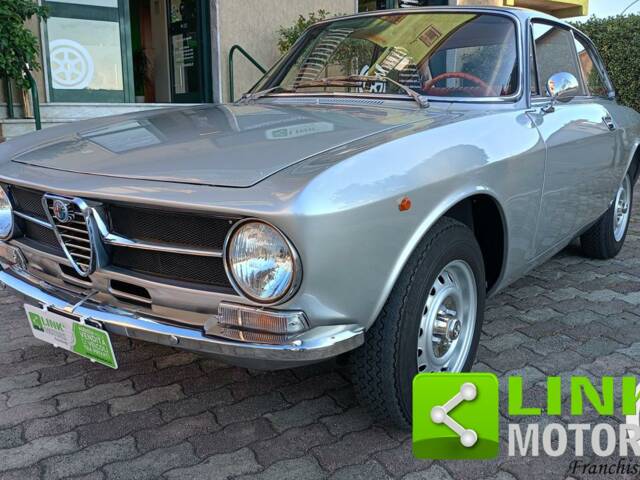
1972 | Alfa Romeo Giulia 1600 GT Junior
ALFA ROMEO GT 1600 Junior
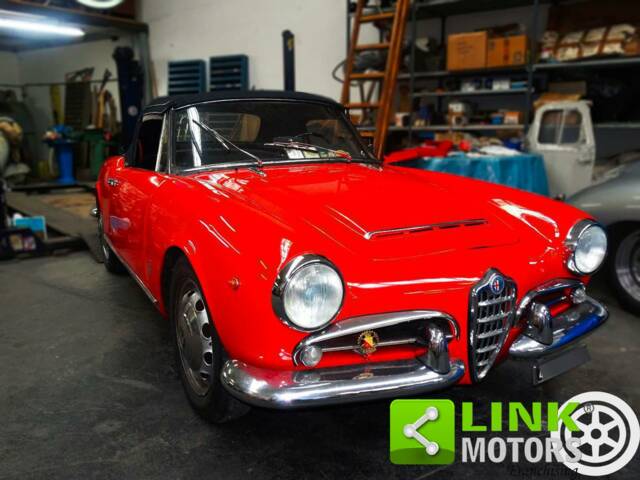
1964 | Alfa Romeo Giulia 1600 Spider Veloce
ALFA ROMEO Giulia GIULIA 1.6cC SPIDER VELOCE -IMPECCABILE...-
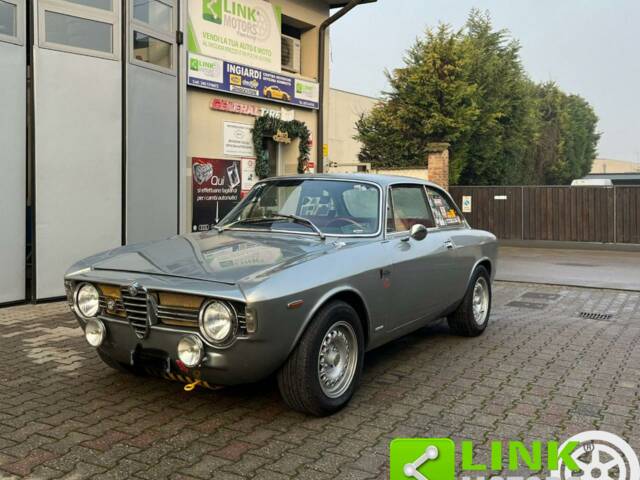
1966 | Alfa Romeo Giulia 1600 Sprint GT Veloce
ALFA ROMEO Giulia SPRINT GT VELOCE Iscritta ASI
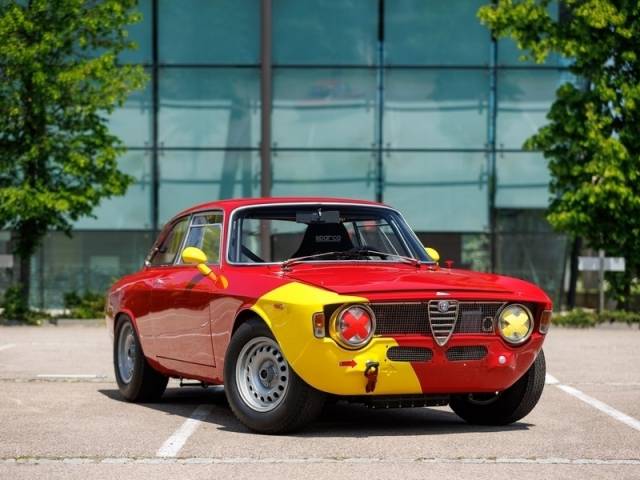
1965 | Alfa Romeo Giulia Sprint GTA
ex-Autodelta Alfa Romeo Giulia Sprint 1600 GTA
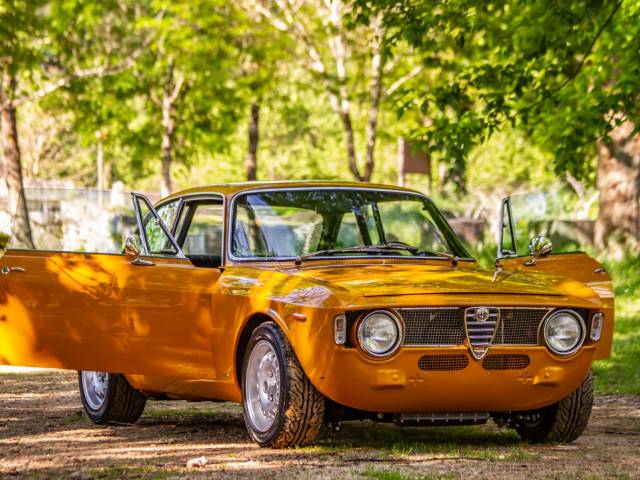
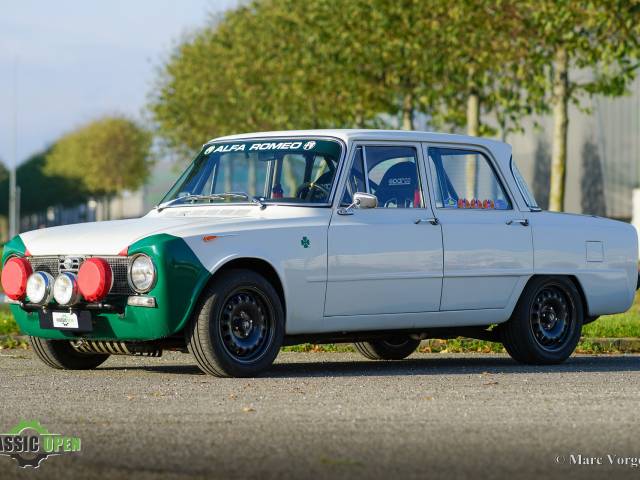
1972 | Alfa Romeo Giulia 1300 Super
2000 Rally
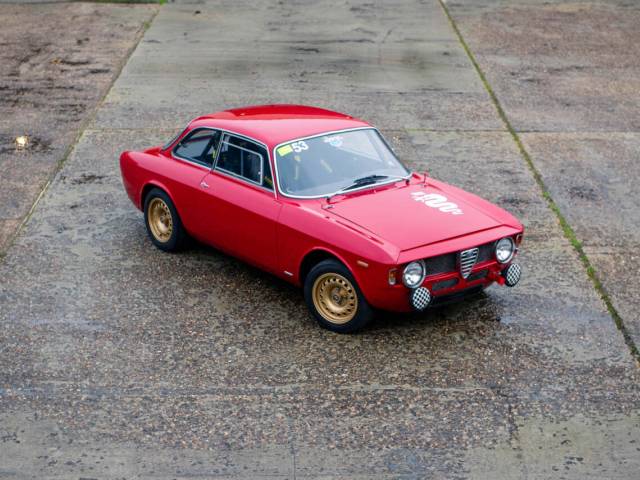
1966 | Alfa Romeo Giulia 1600 Sprint GT
*Sought-after letterbox version *Alfaholics upgrades *Ultimate drivers car
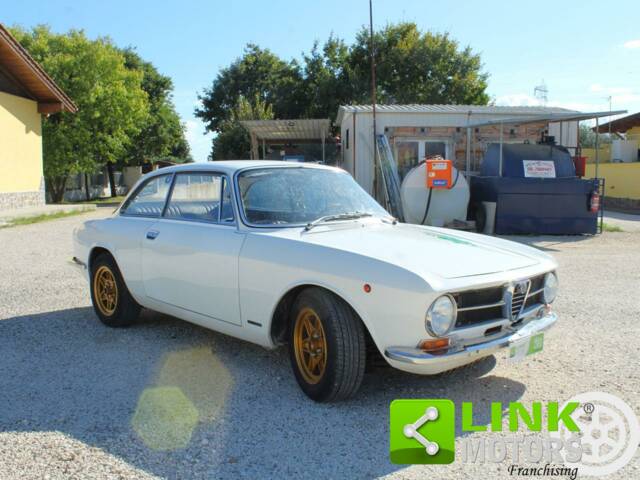
1973 | Alfa Romeo Giulia GT 1300 Junior
ALFA ROMEO GT 1300 Junior / Iscritta ASI / Targa FI
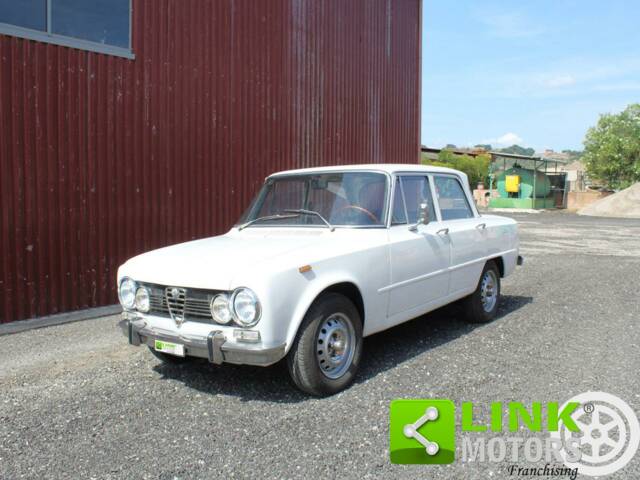
1978 | Alfa Romeo Giulia 1300 Super
ALFA ROMEO Giulia Super 1300 / Restauro Completo / Targa RI
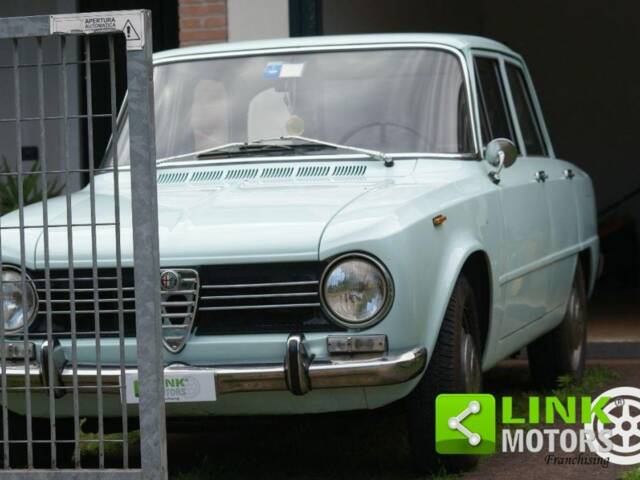
1968 | Alfa Romeo Giulia 1300 TI
ALFA ROMEO Giulia ALFA-ROMEO Giulia 1300 TI ben conservata
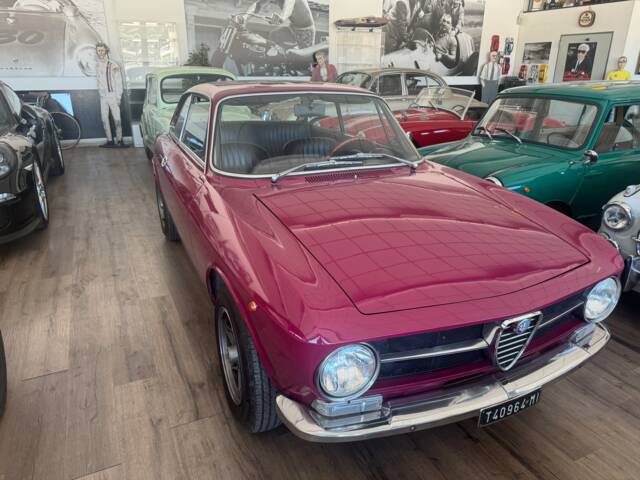
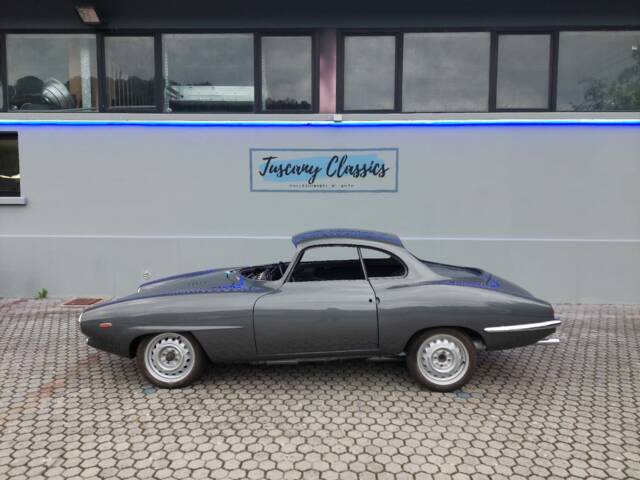
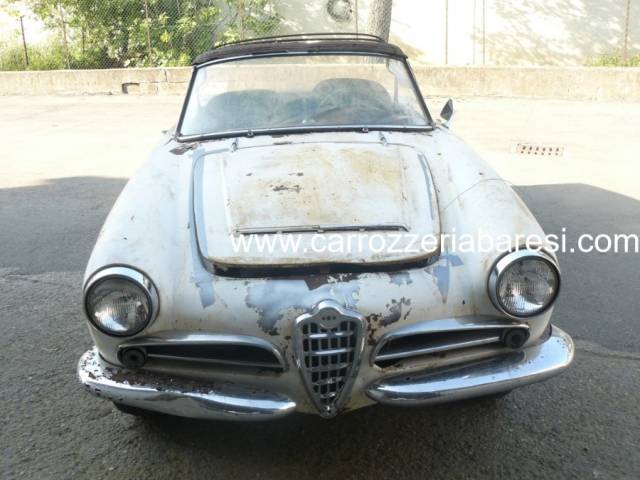
1964 | Alfa Romeo Giulia 1600 Spider
To restore
Alfa Romeo Giulia: History
The Alfa Romeo Giulia succeeded the successful Giulietta in 1962, bringing numerous technical innovations. As one of the first series sedans, the Alfa Romeo Giulia featured an extremely aerodynamic body, ensuring a sporty driving experience and high efficiency. The Giulia combined Alfa Romeo’s traditional commitment to sports vehicles with an everyday-friendly platform, making it appealing to both families and motorsport fans. Notably, the Giulia Sprint GT, known under the codename “105,” became synonymous with Alfa Romeo’s successes in motorsport. The Giulia triumphed in numerous races and cemented the brand’s reputation as a manufacturer of sporty and high-performance cars.
Popular Alfa Romeo Giulia Models
- Alfa Romeo Giulia TI (1962–1967): The first variant of the Giulia series, the Giulia TI, was equipped with a 1.6-liter four-cylinder engine producing 92 hp, providing sporty performance and exceptional aerodynamics for its time. Renowned for its blend of elegance and dynamism, the TI was often used as a sporty family sedan.
- Alfa Romeo Giulia Super (1965–1972): The Giulia Super was an updated version of the TI, featuring improvements in the engine and interior. With 98 hp, it quickly became one of the fastest vehicles in its class and a best-seller. Its sporty handling and reliability made it a favorite among enthusiasts seeking a sporty sedan.
- Alfa Romeo Giulia Sprint GT (1963–1965): Designed by Bertone, this coupé features sharp lines and a distinctive design. With a 1.6-liter engine and 106 hp, the Sprint GT found success both on the road and on the racetrack. The early model’s “Step Nose” or “Kantenhaube” is now a sought-after collector’s item.
- Alfa Romeo Giulia 1600 Spider (1962–1965): Based on the Giulietta Spider, the Giulia 1600 Spider offers an excellent combination of elegance and driving enjoyment. It shares the same powerful engine with the sedans and is still regarded as one of the most beautiful open-top sports cars of the 1960s.
- Alfa Romeo Giulia Nuova Super 1300 (1974–1978): The Giulia Nuova Super 1300 was an evolution of the original Giulia models, equipped with a 1.3-liter four-cylinder engine producing 102 hp. Known for its enhanced reliability and modernized body, it remained popular among drivers seeking a fast and agile sedan.
Unique Features of the Alfa Romeo Giulia
The Alfa Romeo Giulia impresses with a variety of technical innovations that were groundbreaking for its time. These include the advanced aerodynamics of the body, which not only provided a sporty look but also optimized performance and fuel consumption. Another highlight of the Alfa Romeo Giulia is its innovative suspension with a lightweight yet sturdy chassis, ensuring precise handling and excellent ride comfort. The Giulia’s four-cylinder engines, equipped with two overhead camshafts, represent a technical achievement that guarantees sporty performance and reliability.
Important Purchase Criteria for Alfa Romeo Giulia Classics
- Rust susceptibility of the body: The body of the classic Alfa Romeo Giulia is particularly prone to rust, especially around the sill and wheel arch areas. Therefore, closely inspect the condition of the body and watch for any modifications that may have been made. A thorough underbody inspection is crucial.
- Historical racing success: Some Giulia models, especially the Sprint GT variants, have a significant racing history. Vehicles with documented racing victories or participations may have a higher value. Inquire about specific racing engagements and look for historical documentation.
- Original engine and transmission: Classic Alfa Romeo Giulia cars are often sold on the used market with non-original engines or transmissions. The correct matching of the engine number with the year of manufacture and model is an important factor for value retention. Verify this against the vehicle documents.
- Condition of the suspension: The sporty design of the suspension provides excellent driving feel but can cause issues in poorly maintained classic Alfa Romeo Giulia vehicles. Check if the suspension and shock absorbers are still in their original condition or if aftermarket parts have been fitted.
Alfa Romeo Giulia: Technical Specifications
Here’s an overview of the key technical specifications and features of the most popular Alfa Romeo Giulia classics:
| Model Series | Model Name | Production Version | Year of Manufacture | Body Variants | Engine | Power |
|---|---|---|---|---|---|---|
| Alfa Romeo Giulia | Giulia TI | Tipo 105 | 1962–1967 | Sedan | 1.6 Liters Inline 4 Cylinder | >92 hp |
| Alfa Romeo Giulia | Giulia Super | Tipo 105 | 1965–1972 | Sedan | 1.6 Liters Inline 4 Cylinder | 98 hp |
| Alfa Romeo Giulia | Sprint GT | Tipo 105 | 1963–1965 | Coupé | 1.6 Liters Inline 4 Cylinder | 106 hp |
| Alfa Romeo Giulia | 1600 Spider | Tipo 101/105 | 1962–1965 | Roadster | 1.6 Liters Inline 4 Cylinder | 92 hp |
| Alfa Romeo Giulia | Nuova Super 1300 | Tipo 105 | 1974–1978 | Sedan | 1.3 Liters Inline 4 Cylinder | 102 hp |
Restoration of Alfa Romeo Giulia Classics
Restoring a classic Alfa Romeo Giulia requires not only technical knowledge but also patience and attention to detail. One of the greatest challenges in restoration is eliminating rust damage, particularly in heavily used areas such as the wheel arches and door sills. Mechanically, these classics are relatively robust, but original spare parts, especially for the Giulia’s suspension and engine, are often hard to find. Successful restorations are characterized by a commitment to authenticity — many collectors value the use of only original parts to maintain the Giulia’s value over the long term.
Conclusion
The Alfa Romeo Giulia is a true classic, captivating with its combination of timeless design, technical finesse, and sporty driving dynamics. For classic car enthusiasts, it offers a worthwhile investment and an unparalleled driving experience. If you are looking for a well-preserved Giulia classic, Classic Trader offers a wide selection of models. Secure your piece of automotive history today!
FAQs About Classic Alfa Romeo Giulia Vehicles
-
Why are Alfa Romeo Giulia classic cars so popular?
The Alfa Romeo Giulia is highly regarded in the classic car community for its combination of Italian design and exceptional driving dynamics. Its sporty character, along with advanced technology for its time—such as disc brakes and an aerodynamic body—make it a classic with cult status. Additionally, it represents the pinnacle of Alfa Romeo’s motorsport era, further enhancing its allure.
-
How can I find replacement parts for the Alfa Romeo Giulia classic car?
Replacement parts for the Alfa Romeo Giulia classic cars are readily available due to the model’s enduring popularity and long production run. There are specialized dealers focusing on Alfa Romeo classics, in addition to online marketplaces and clubs that serve as excellent resources for parts and networking opportunities. Furthermore, there are reproductions and replicas of rare or hard-to-find components available.
-
What should be considered when purchasing a classic Alfa Romeo Giulia?
When purchasing a classic Alfa Romeo Giulia, the condition of the bodywork is crucial, as rust is a common issue in these models. A thorough inspection of the mechanics, especially the engine and transmission, is equally important. The originality and accuracy of details such as the interior and paintwork should be checked to ensure the historical value is preserved. Additionally, it is advisable to inquire about the availability of maintenance records and the vehicle’s history.